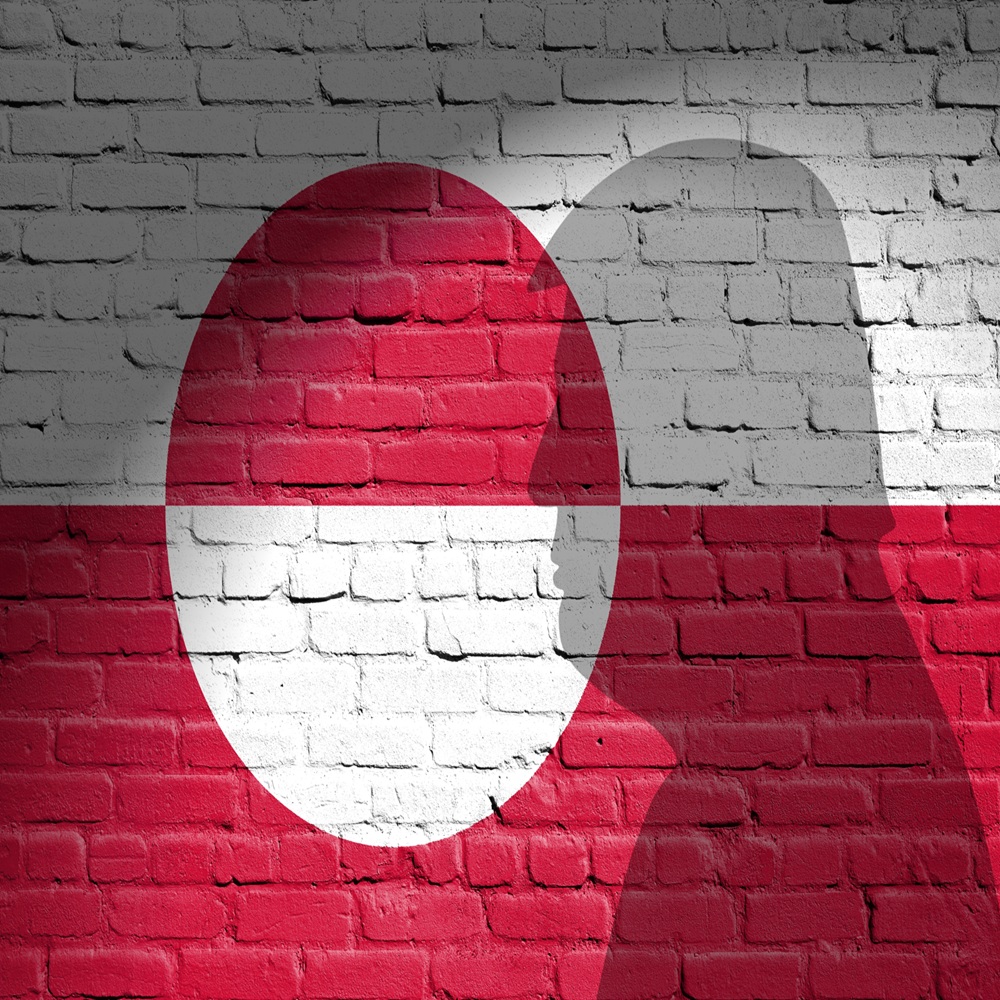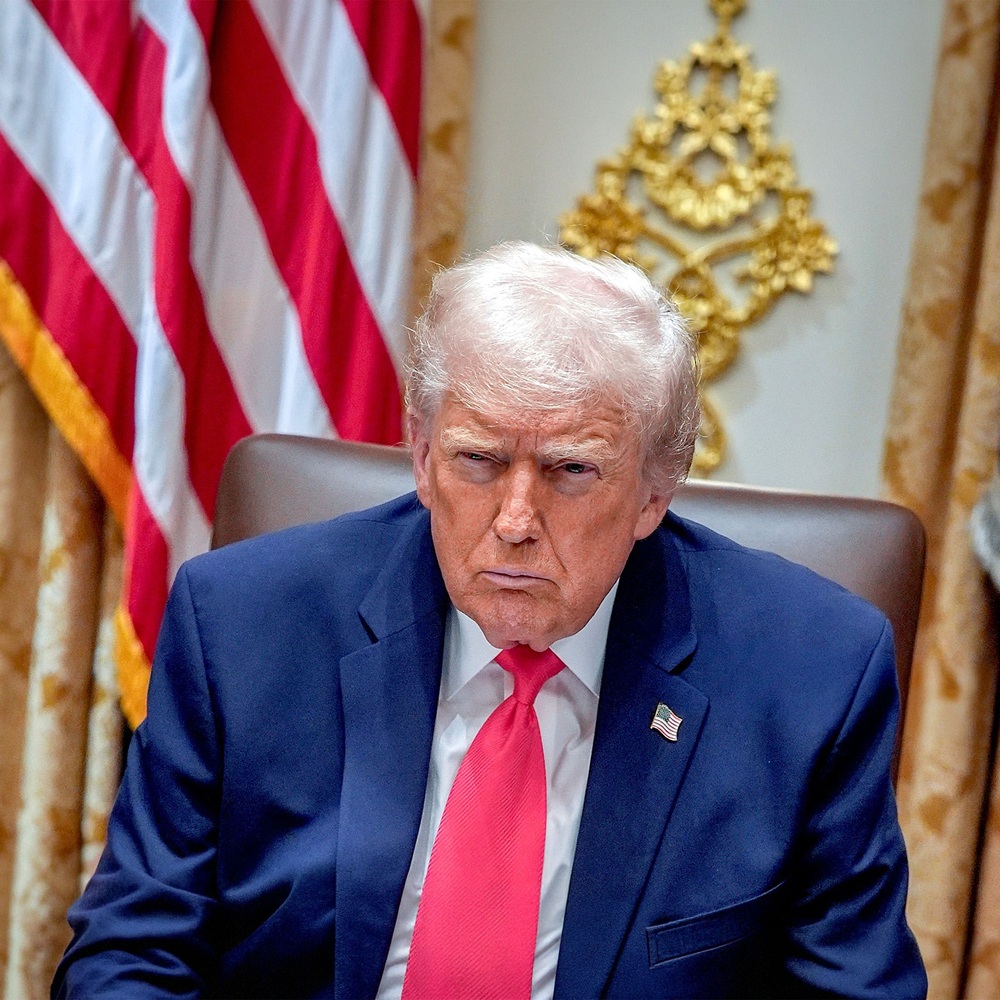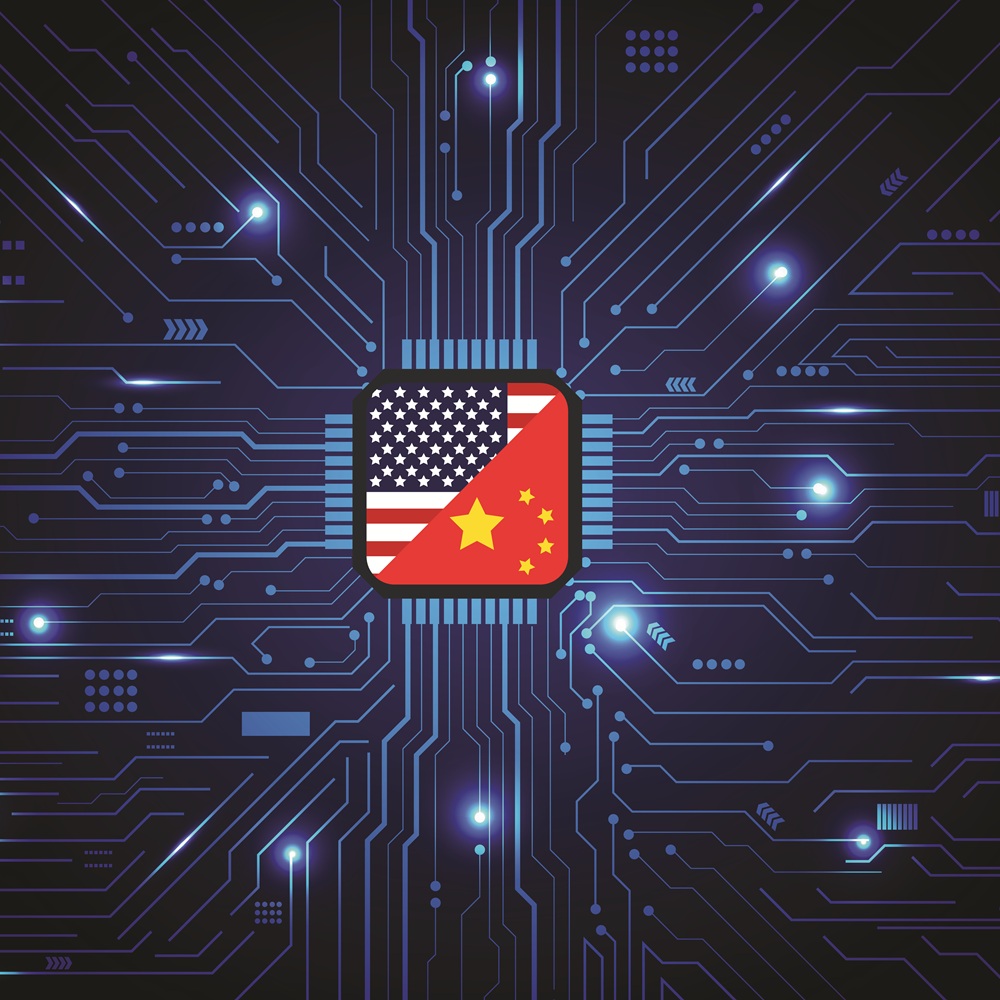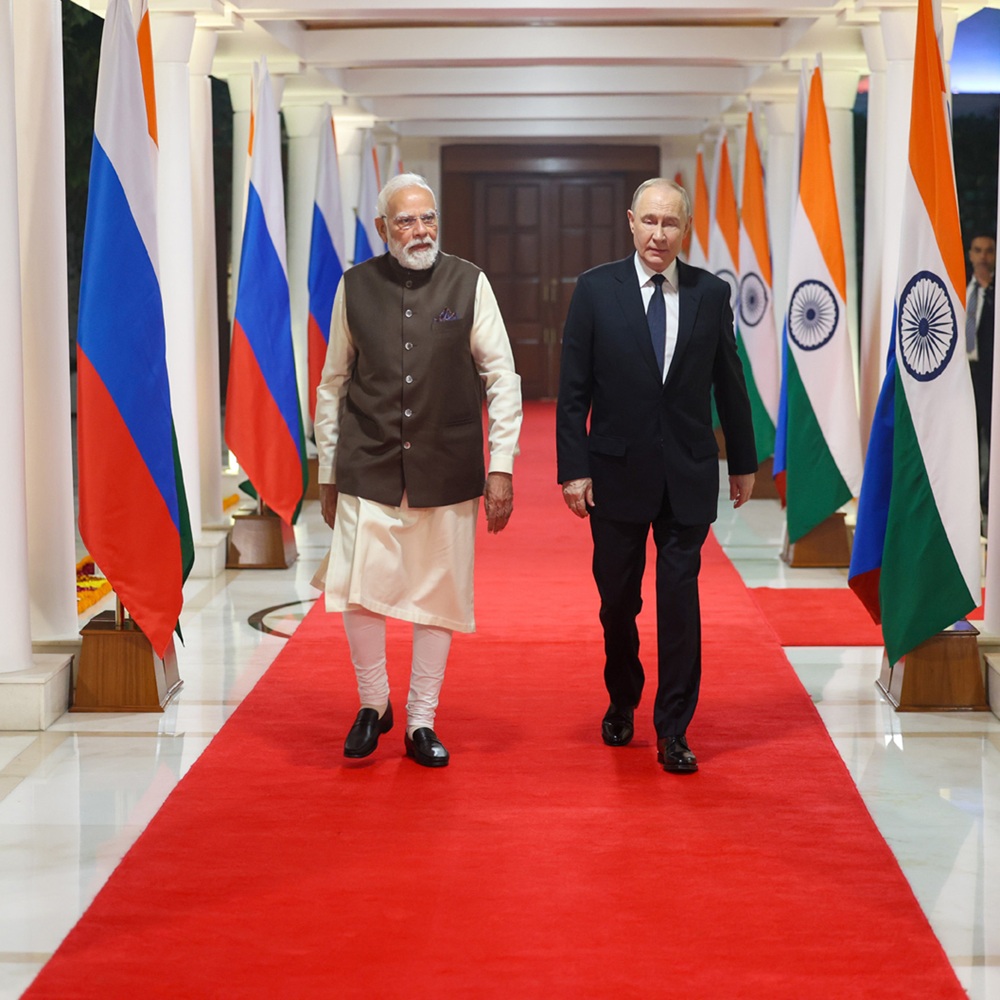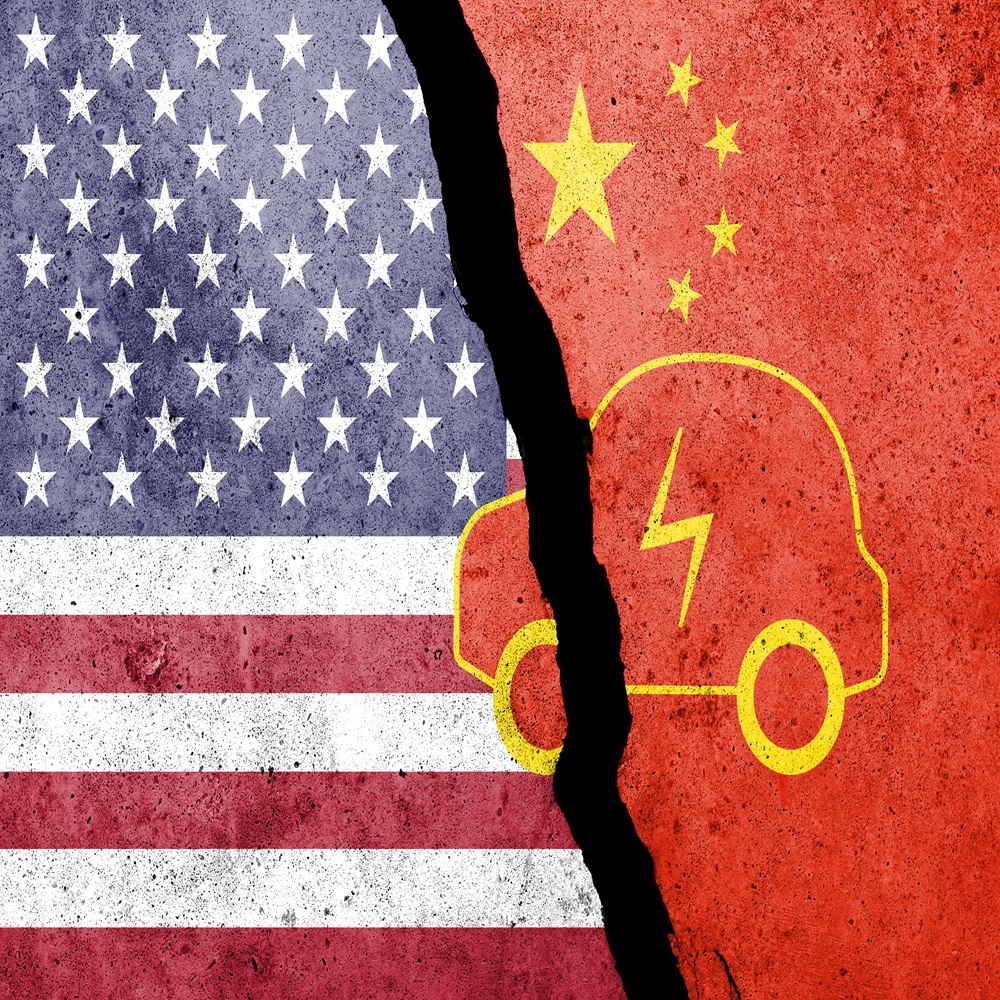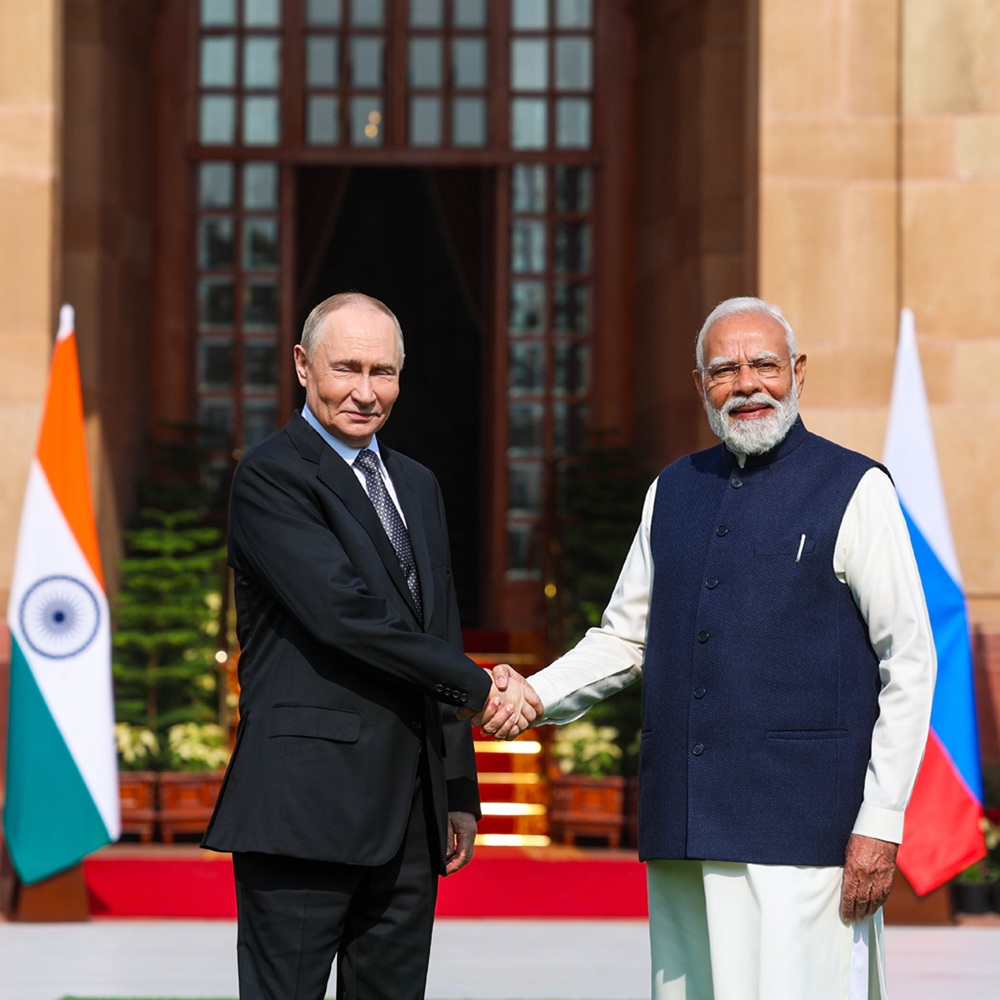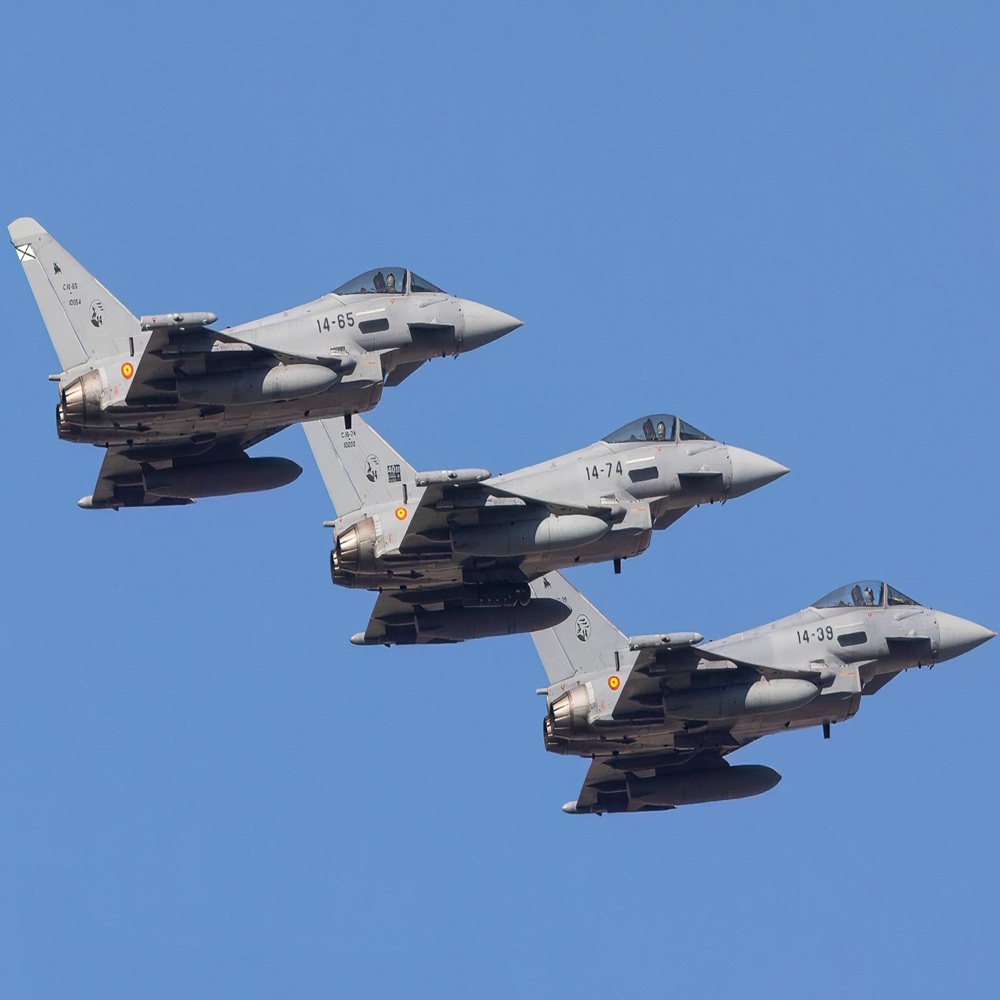The end of Great Illusions and the Revenge of Realism. The Case of the War in Ukraine – Part 1
by Krzysztof Sliwinski
Abstract
This is the first part of an analysis examining the initial perceptions and evolving realities of the Russia-Ukraine war, which began in February 2022. Early Western media and political narratives were optimistic about Ukraine’s military resilience and potential victory, highlighting heroic resistance, Western support, and Russian operational failures. However, the reality has been more complex, as Ukraine faced significant challenges, including numerical and equipment inferiority, underfunding, limited combat brigades, and a lack of strategic reserves. Despite these hardships, Ukraine managed to resist Russia’s initial advances, as exemplified by symbolic events such as the defence of Snake Island.
The article explores the human and economic costs of the ongoing war. Ukraine requires an estimated $524 billion in reconstruction funding, following a 30% drop in GDP in 2022 and ongoing economic hardships. Western aid has been substantial, exceeding €400 billion, but the conflict’s economic fallout also burdens donor countries, causing inflation and growth slowdowns.
Key Words: Realism, War, Ukraine
Introduction
At the very beginning of the ‘Special Military Operation’ – an invasion of Ukraine by Russia - most academics, policymakers, political leaders, and media pundits were hugely impressed by Ukraine’s initial military response. Most were genuinely of the opinion that Russia was weak, economic sanctions would cripple its economy, President Putin had little to no public support, and that with enormous help from the U.S. as well as most EU Member states, Ukraine would not only resist the attack but ultimately win the war with Russia on its own territory and perhaps even facilitate the government change in Kremlin. Any skeptical views regarding the possible Ukrainian victory were swiftly silenced and dismissed as pro-Putin propaganda or even deliberate disinformation, therefore suggesting that any sceptics are more or less Putin’s agents.
Let’s look at some media titles from March 2022 onward (the war started on 24 February, 2022).
Overenthusiastic narrative
At the outset of Russia's invasion of Ukraine in late February 2022, many initial media reports and analyses were pessimistic, predicting a swift Russian victory based on military disparities. However, by March 2022, as Ukrainian forces demonstrated unexpected resilience — repelling advances on Kyiv and inflicting significant losses on Russian troops—some Western media outlets began publishing more enthusiastic and optimistic pieces about Ukraine's potential to prevail. These often-highlighted Ukrainian morale, Western support, and Russian operational failures. Below, the reader will find several examples from that early period, drawn from a range of sources including news articles and opinion pieces. Admittedly, media coverage of this topic is inherently biased, with Western outlets generally favouring Ukraine's perspective. In contrast, Russian state media promoted the opposite narrative (e.g., RIA Novosti's premature victory declaration on February 28, 2022, which was quickly retracted).
One of the events that genuinely inspired the world at the very beginning of the war was the so-called Snake-Island Campaign. Snake Island is a tiny (0.17 km²) Ukrainian outpost in the Black Sea, about 48 km off the coast of Odesa. Despite its size, the island is geostrategically vital: it hosts radar stations, enables missile launches, and controls maritime routes for grain exports from Odesa. Russian control threatened Ukraine's southern coast and Black Sea shipping.[1] On the invasion's first day, the Russian cruiser Moskva (Black Sea Fleet flagship) radioed: "Snake Island, this is a Russian warship. I repeat: put down your arms... or you will be bombed." The 13 Ukrainian border guards replied: "Russian warship, go f… yourself." Russians captured the island via helicopter assault; defenders were taken POW but later exchanged and awarded Ukraine's Hero of Ukraine title. Consequently, legacy media began painting a rather rosy picture of the Ukrainian campaign. Below, the reader will find several examples:
- The Atlantic - "Ukraine Is Winning. Don't Let Up Now." (March 28, 2022). This opinion piece by Eliot A. Cohen expressed strong optimism about Ukraine's battlefield performance, crediting heroic resistance and Western aid while critiquing Russia's weaknesses. Key quotes: "Truly magnificent Ukrainian resistance — heroic and clever at once — backed by Western arms and intelligence accounts for much of this." and "If Ukraine prevails, its example will be at least a partial deterrent to further adventures by Russia, and perhaps by China." The article urged continued support to secure a Ukrainian victory. [2]
- The Washington Post - "Ukraine-Russia talks stir optimism, but West urges caution" (March 29, 2022). This news report highlighted positive developments from peace talks in Istanbul, where Russia pledged to reduce military operations around Kyiv, fostering hope for a resolution favourable to Ukraine. It noted enthusiasm around Ukraine's proposals for neutrality with security guarantees, though tempered by skepticism. A key optimistic element: The talks "stirred a glimmer of hope" amid Ukraine's successful defence, with Ukrainian negotiators pushing for international backing to end the conflict on terms that preserved sovereignty. [3]
- Associated Press (AP) - "Russia says it will cut back operations near Ukraine capital" (March 29, 2022). This wire report conveyed optimism following Russia's announcement of scaling back assaults on Kyiv and Chernihiv, interpreting it as a sign of Ukrainian leverage in negotiations. Key quote: "Russia announced Tuesday it will significantly scale back military operations near Ukraine’s capital and a northern city, as the outlines of a possible deal to end the grinding war came into view at the latest round of talks." It portrayed this as a potential turning point, with Ukraine's delegation outlining a framework for neutrality backed by guarantor nations.[4]
- Deutsche Welle (DW) - "Ukrainians have won the information war" (March 7, 2022). While primarily focused on the information domain, this article by historian Margaret MacMillan extended optimism to the broader conflict, arguing that Ukraine's narrative success bolstered its military position. Key quote: "The Ukrainians have won the information war... This is helping them win support around the world, which in turn is translating into real help on the ground." It emphasized global sympathy, fuelling aid that could tip the scales toward Ukrainian victory.[5]
- In a rather absurd tone, the Polish media reported that a Kiev female resident destroyed a Russian military drone with a jar of pickles when enjoying a cigarette on her balcony.[6]
Reality on the ground was somewhat different, however. In fact, as Valerii Zaluzhnyi, Ambassador of Ukraine to the United Kingdom, ex-Commander-in-Chief of the Armed Forces of Ukraine, rightly observed, before the invasion by Russia, the Armed Forces of Ukraine faced several significant challenges:
1. Numerical and Equipment Inferiority: As of the end of 2021, the Russian army was about five times larger than the Ukrainian army, with four times more tanks and armoured combat vehicles, 3.4 times more artillery, and 4.5 times more attack helicopters. The Ukrainian Navy was notably weaker, lacking aircraft carriers, destroyers, corvettes, or submarines.[7]
2. Underfunding and Stagnation: Despite politicians declaring that more than 5% of GDP was allocated to security and defence, less than half of the allocated budget went to the Ministry of Defence. There was no increase in funding for developing and procuring weapons and equipment, with most money going to financial support for the military personnel. This led to stagnation, with a lack of finances for development and combat readiness, personnel outflow, and understaffed military units.
3. Limited Combat Brigades: At the time of appointment of the author as Commander-in-Chief in August 2021, there were only 24 combat brigades in the Armed Forces of Ukraine, with 12 already engaged in combat in the East and South. Only 12 combat brigades remained available for deployment in the event of aggression.
4. Insufficient Modern Weapons: Ukraine had very few modern weapons compared to Russia. The total need for funds to repel aggression, including replenishing missile and ammunition stocks, was estimated at hundreds of billions of hryvnias, which the Armed Forces did not have.
5. Lack of Strategic Reserves and Preparedness: The Armed Forces were unable to create sufficient strategic reserves, which are crucial in a strategy of defeat. Ukraine was significantly inferior in personnel, weapons, and military equipment, and lacked the preparation to meet the scale of the impending invasion.
These challenges left Ukraine vulnerable and enabled Russia to pursue a strategy of defeat through swift, decisive military action.
Reality on the ground – how much has the war cost so far?
Russia's invasion has imposed staggering financial burdens on Ukraine and its Western allies through December 2025. Available reports evaluate these costs, encompassing direct damages, economic contractions, and international aid expenditures, drawing from economic assessments and aid trackers.
Ukraine has endured profound economic devastation. According to the World Bank's February 2025 Rapid Damage and Needs Assessment, the country requires an estimated $524 billion for reconstruction over the next decade, reflecting cumulative physical damages from infrastructure destruction, housing losses, and disrupted industries.[8]
Source: UKRAINE FOURTH RAPID DAMAGE RDNA4 AND NEEDS ASSESSMENT. (2025, February). World Bank Group. https://documents1.worldbank.org/curated/en/099022025114040022/pdf/P180174-ca39eccd-ea67-4bd8-b537-ff73a675a0a8.pdf
The war has apparently obliterated key sectors: agriculture, energy, and manufacturing suffered massively, with export routes like Black Sea ports blocked, leading to a 30% GDP contraction in 2022 alone. By mid-2025, Ukraine's GDP remained 25-30% below pre-war levels, with annual losses projected at $40-50 billion due to reduced output and trade.[9]
Military expenditures have surged, consuming over 50% of the national budget, totalling around $100 billion since 2022, funded partly through domestic borrowing and inflation, which peaked at 26% in 2022. [10]
Humanitarian costs, including the displacement of 6 million refugees and internal migrants, add billions in social support.[11]
Overall, projections estimate Ukraine's total war-related economic harm at $2.4 trillion by 2025, though this likely understates indirect effects like human capital loss and environmental damage.[12]
Western nations, primarily the United States and European Union members, have shouldered high costs through aid and indirect economic repercussions. Total bilateral aid from Western donors exceeded €400 billion ($430 billion) by June 2025, including military, financial, and humanitarian support.[13]
The U.S. has committed $175 billion in appropriations, with $130.6 billion spent by August 2025, including $66.9 billion in military assistance like weapons and training.[14] EU institutions and member states provided nearly $197 billion, encompassing $63.2 billion from EU budgets and refugee support for 8 million arrivals.[15] The UK itself pledged £12.8 billion, with £7.8 billion for the military.[16]
Beyond aid, the war triggered economic shocks in the West. Energy prices soared due to sanctions on Russian oil and gas, contributing to EU inflation averaging 8-10% in 2022-2023 and to a 0.5-1% reduction in annual GDP growth.[17] The U.S. faced similar inflationary pressures, with global growth slowing to 3.1% in 2022, partly from supply disruptions.[18] Proximity to the conflict amplified costs for Eastern EU states, with cumulative GDP shortfalls estimated at €200-300 billion across Europe by 2025.[19]
All in all, the war's financial toll surpasses $3 trillion combined for Ukraine and its supporters, straining budgets and exacerbating global inequalities.[20]
Sustained aid is vital for Ukraine's resilience, but escalating costs underscore the need for diplomatic resolutions to mitigate further economic fallout.
To be continued…
References
[1] Colibășanu, A., Crowther, A., Hickman, J., & Scutaru, G. (2022, September 27). The Strategic Importance of Snake Island. CEPA. https://cepa.org/comprehensive-reports/the-strategic-importance-of-snake-island/
[2] Cohen, E. A. (2022, March 28). Don’t Let Up Now. The Atlantic. https://www.theatlantic.com/ideas/archive/2022/03/west-strategy-against-russia-ukraine-war/629387/
[3] Fahim, K., Stern, D. L., Lamothe, D., & Khurshudyan, I. (2022, March 29). Don’t Let Up Now. The Washington Post. https://www.washingtonpost.com/national-security/2022/03/29/ukraine-russia-turkey-negotiations/
[4] Jones, T. (2022, March 30). Optimism, pessimism or skepticism? News outlets focus on the right thing in Russia-Ukraine coverage. Poynter. https://www.poynter.org/commentary/2022/optimism-pessimism-or-skepticism-news-outlets-focus-on-the-right-thing-in-russia-ukraine-coverage/
[5] Haas, B. (2022, March 7). Ukrainians have won the information war. DW. https://www.dw.com/en/ukrainians-have-won-the-information-war-historian-margaret-macmillan/a-61022603
[6] Wawrzusiszyn, D. (2022, March 8). To były pomidory, a nie ogórki. Znaleziono Ukrainkę, która strąciła drona słoikiem. Na:Temat. https://natemat.pl/400859,znaleziono-ukrainke-ktora-stracila-drona-sloikiem-z-ogorkami
[7] Zaluzhnyi, V. (2025, November 29). Politics and War. Reality vs Expectations. LIGA.Net. https://www.liga.net/en/politics/opinion/politics-and-war-reality-vs-expectations#comment-list-4601543
[8] Ukraine. (2025, December 9). World Bank Group. https://www.worldbank.org/ext/en/country/ukraine
[9] Gorodnichenko, Y., & Vasudevan, V. (2025, July 27). The (projected) cost of Russian aggression. CEPR. https://cepr.org/voxeu/columns/projected-cost-russian-aggression
[10] Samoiliuk, M. (2025, December 8). Ukraine War Economy Tracker. Centre For Economic Strategy. https://ces.org.ua/en/tracker-economy-during-the-war/
[11] Rogoff, K. (2025, December 9). The Long-lasting Economic Shock of War. International Monetary Fund. https://www.imf.org/en/publications/fandd/issues/2022/03/the-long-lasting-economic-shock-of-war
[12] Gorodnichenko, Y., & Vasudevan, V. (2025, July 27). The (projected) cost of Russian aggression. CEPR. https://cepr.org/voxeu/columns/projected-cost-russian-aggression
[13] Davis Jr., E., & Wolf, C. (2025, March 11). The Long-lasting Economic Shock of War. U.S.News. https://www.usnews.com/news/best-countries/articles/these-countries-have-committed-the-most-aid-to-ukraine
[14] U.S. Security Cooperation with Ukraine. (2025, March 12). U.S. Department of State. https://www.state.gov/bureau-of-political-military-affairs/releases/2025/01/u-s-security-cooperation-with-ukraine
[15] EU Assistance to Ukraine (in U.S. Dollars). (2025, November 19). Delegation of the European Union to the United States of America. https://www.eeas.europa.eu/delegations/united-states-america/eu-assistance-ukraine-us-dollars_en?s=253
[16] Mills, C. (2025, July 17). Military assistance to Ukraine (February 2022 to January 2025). UK Parliament. https://commonslibrary.parliament.uk/research-briefings/cbp-9477/
[17] The cost of EU Member States’ proximity to the war. (2025, November 17). European Commission. https://economy-finance.ec.europa.eu/cost-eu-member-states-proximity-war_en
[18] Jenkins, B. M. (2023, March 7). Consequences of the War in Ukraine: The Economic Fallout. European Commission. https://www.rand.org/pubs/commentary/2023/03/consequences-of-the-war-in-ukraine-the-economic-fallout.html
[19] The cost of EU Member States’ proximity to the war. (2025, November 17). European Commission. https://economy-finance.ec.europa.eu/cost-eu-member-states-proximity-war_en
[20] Rogoff, K. (2025, December 9). The Long-lasting Economic Shock of War. International Monetary Fund. https://www.imf.org/en/publications/fandd/issues/2022/03/the-long-lasting-economic-shock-of-war
